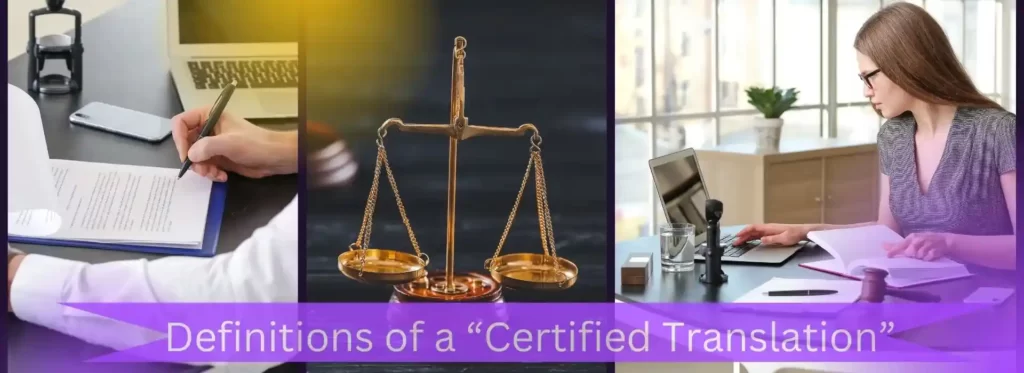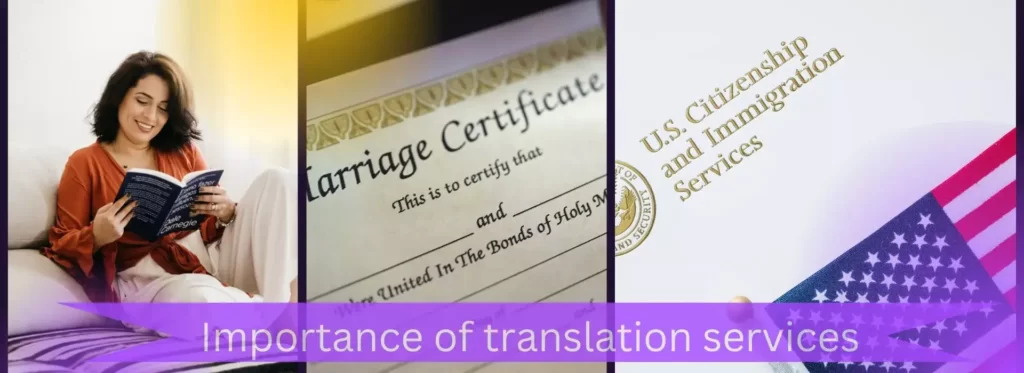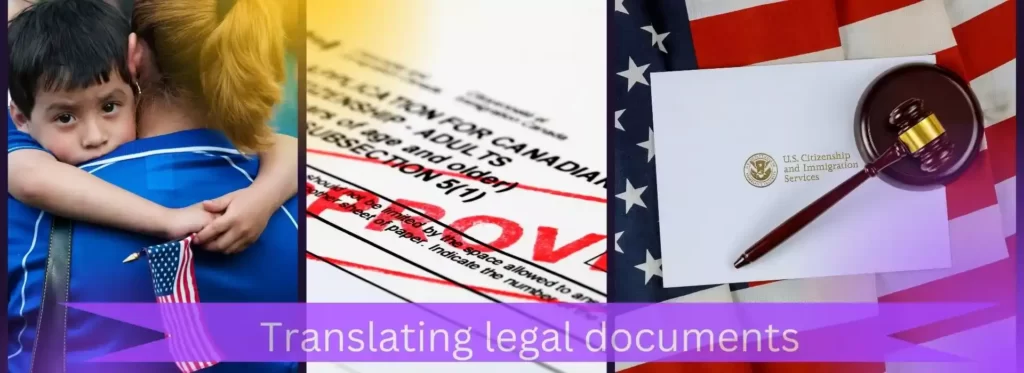Globalization is rapidly blurring the geopolitical boundaries among nations. Now more than ever, we have been engaging with other countries in terms of trade, culture, and education. However, despite this removal of major constraints, language barriers still remain a critical factor that could make or break our connections to other nationalities.
For instance, if we send an official document to a country and that particular document is not written in a language they can understand, then chances are miscommunication could arise. This is where the importance of certified translation comes in. But what is a certified translation? In this article, we will walk you through its many definitions to help you fully understand its essence and what it is really about:
What is a Certified Translation?
Suppose you try to submit a legal document to your government agency that is not written using your country’s official language. In that case, the chances are high that the government agency will request a certified translation for that particular document. What does that mean? Is that the same as a sworn translation or a notarized translation?
A “certified translation” is a broad term referring to translated documents that have been given certification by either a translation professional, a sworn translator, or a notary public. The specific requirements for certified translations vary among different countries and institutions. In this case, make sure to always ask for clarification.
American Translators Association (ATA)
For instance, certified language translation services in the United States are not regulated by the government but can be obtained from numerous professional institutions offering language services. One of these institutions is the American Translators Association (ATA). The ATA has trained translators that can both translate your document and certify it afterward. The U.S agencies can then honor these documents as certified translations.
While the United States has very relaxed requirements, some countries have more stringent protocols for classifying documents as certified translations. In Spain, for instance, the national government gave sworn translators the sole authority for the certification of translated documents. Sworn translators are publicly-employed language professionals who are recognized to do official translations. The list of sworn translators is provided to the public so that when they are told to submit a certified translation of a document, they can just refer to that particular list.
Cross-country transactions may sometimes require more than just a certified translator, especially if legal documents are involved. That is why there are countries that give power to notary publics to certify translated documents. Notaries with professional language training can do the translation themselves and then both certify and notarize the document afterward. Otherwise, they can notarize a document that has already been translated by a professional language service provider.
To recap, when your government agency asks you to submit a certified translation of a certain document, make sure to ask them the specific requirements that they are looking for. Having a clear idea of what you need to submit will help you process your document quickly and conveniently.
Certified Translations and Associated Terms
You have seen how the term “certified translation” can be so broad and general that it branches out to different related definitions. Different countries have various requirements that classify a translated document as certified. Institutions like universities and government agencies adhere to multiple definitions as well.
Here is a compiled list of the definitions of “certified translations” and other terms associated with it to save you from confusion. Note that many of these terms are overlapping, and some even have the same meaning in other countries.
Certified Translation
This refers to a wide variety of translated documents that have been given certification either by a member of a professional language institution, a sworn translator, or a notary public.
Sworn Translation
The sworn translation is a document translated and certified by government-appointed sworn translators. They are sometimes referred to as “public translations.”
Official Translation
Any translated document that is for official use is considered an official translation. Most of the time, these are certified by government-appointed language professionals.
Notarized Translation
This is a certified translated document that has been notarized by a notary public. If the notary is also a language professional, they can do the certification themselves.
Apostilled Translation
When a translated document needs to be sent to another country, it should be notarized and then sent to the Foreign Office for the stamping of the apostille. It can then be considered an apostilled translation.
Legal Translation
This should not be confused with notarized translations. A legal translation is any translated document that is used for legal procedures like court hearings or contracts.
Who Can Translate?
Knowing how crucial the role of translation is, you might get the idea that translation is not for everyone. Yes, you are right. For instance, if one were to assign the task of translating an important government document that will be sent to a country in that the United States has economic ties, he or she would not choose just anyone. That person must be a professional who is qualified to do certified translations.
In the U.S, there are a couple of global language companies that offer certified translation services for anyone who needs them. To be sure about their legitimacy, you can always check the ATA website for the directory of language service providers under ATA. Most of the time, these companies were sought by businesses that operate internationally, but they can also be commissioned by individuals.
For other countries, especially those with government-appointed translators, you need to coordinate with the right office in order for you to get your certified translation. This will help you have the appropriate signatures required by your state.



